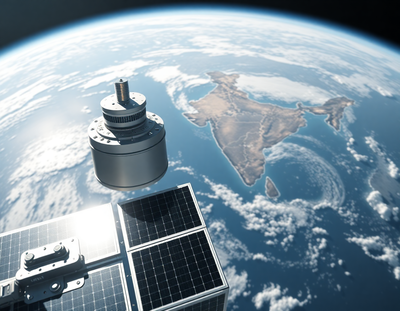BENGALURU: Three private companies with their offices in three South Indian states have been shortlisted to collectively produce 31 satellites as part of the space-based surveillance (SBS) programme for India’s strategic needs to be used by national security agencies.
This is the first time that private industry will be developing satellites for strategic needs and while contracts for the same are expected to be signed anytime, they are unlikely to be made public immediately given the nature of the project.
The third phase of SBS programme — in the earlier avatars have seen satellites from the Cartosat and Risat families — will further enhance India’s space surveillance capabilities and see a total of 52 satellites in both geostationary orbit (GEO) and low Earth orbit (LEO).
Twenty-one of these satellites will be developed by Isro and the other 31 will come from the private sector. Together, the project is to cost an estimated Rs 26,000-Rs 27,000 crore — this is expected to be revised.
Multiple sources confirmed to TOI that the govt has shortlisted three firms — their names are being withheld at this juncture given the sensitive nature of the programme — with one of them producing 15 and the other two producing eight satellites each.
The firms will be expected to deliver by the fourth year from the year of singing the contract as per initial plans. “The agency involved in shortlisting the three firms has made progress in the process. But given that the highest offices of the country’s security and defence establishments are directly involved in the project, they are not expected to divulge too many details at this juncture,” one of the sources said.
The latest iteration marks a substantial upgrade from its predecessors, incorporating artificial intelligence to enable unprecedented satellite interaction and intelligence gathering.
A key innovation of SBS-3 will be its integrated network of satellites positioned in both LEO and GEO. This dual-layer system will allow for dynamic cooperation between satellites, with GEO satellites at 36,000km able to detect activities and direct LEO satellites at 400-600km to provide detailed observations.
The programme is expected to allocate dedicated satellites to support land, sea, and air-based missions across India’s military services, enhancing the nation’s defense capabilities. Once implemented, this will place India among major spacefaring nations like the US, Russia, and China in advanced space surveillance capabilities. Although the gap will still be large.
The programme is being designed to contribute to various critical functions beyond military applications, including environmental monitoring, disaster response, and scientific research —something Earth observation satellites can offer.




